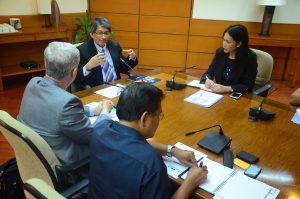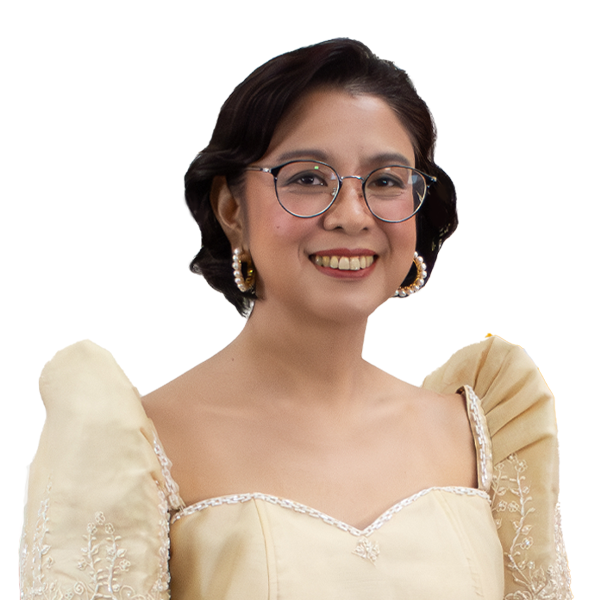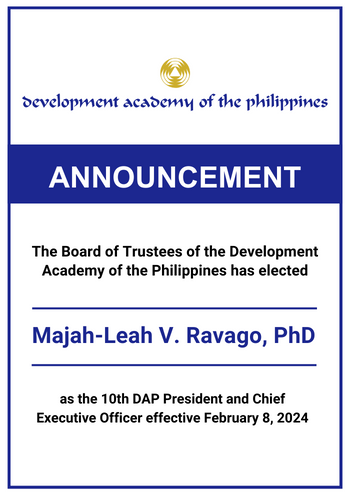The Development Academy of the Philippines may be expected to become more involved in networking and linking up with other institutions in 2016. This is if one is to base it on President Antonio D. Kalaw Jr.’s pronouncement in his new year’s message.
Addressing the Academy’s officers and employees last January 4, Kalaw said that the DAP will focus more on institutional linkages and international relations this new year in keeping with its stature as a pioneer in innovation.
“As an institution that claims to be a pioneer in innovation, we have to continually reinvent ourselves and refuse to stick to paradigms to which we have long been accustomed,” Kalaw said. “Growth and improvement often necessitate the discarding of old schools of thought.”
‘Internationally recognized institution’
The president said the Academy intends to enhance the DAP’s global brand by remaining true to its vision of being an “internationally recognized institution” through the networking and linkages that it hopes to achieve.
“Twenty-sixteen will see us focus more on new institutional linkages and international relations, as we remain true to our vision of being an ‘internationally recognized institution’ even as we enhance the DAP’s global brand,” Kalaw declared. “We shall have harmonious, mutually beneficial relationships with other institutions, locally and internationally. We will likewise ensure that technologies and know-how shall be managed and passed on to the younger generations of DAPpers and that information is efficiently shared within the Academy.”

Center of Excellence
The DAP brand just received a boost in the international community last year when the Philippines, with the Academy as the implementing agency with its role as the national productivity organization, was designated as the Center of Excellence on Public Sector Productivity of the Asian Productivity Organization. In having been so chosen, the country became the third NPO after Singapore and the Republic of China to have earned such a distinction. Singapore was designated as the APO’s COE on Business Excellence in 2009 while the Republic of China was selected as COE on Green Productivity in 2013.
Over the years, the Academy has also started serving as a training center for various foreign organizations. In September last year, it hosted the third leg of the Asian Business Leaders program for 22 Japanese professionals, while earlier in August, it ran the third structured learning visit for Lao government partners to broaden their knowledge of the various aspects of decentralization in the Philippines.




